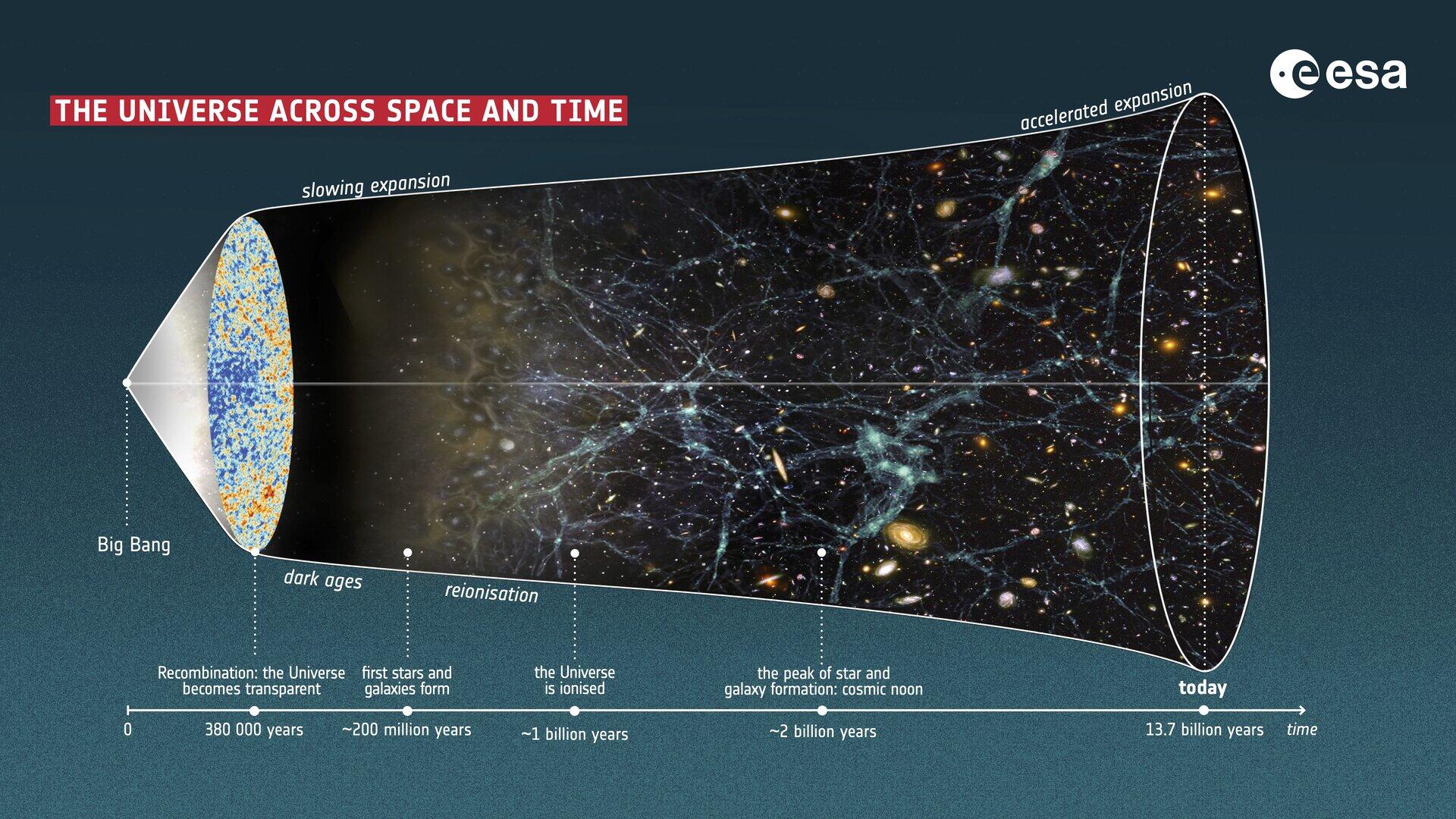A recent study suggests that the universe is now experiencing a phase of decelerated expansion. This groundbreaking finding, led by Professor Young-Wook Lee from Yonsei University in South Korea, challenges long-standing theories about the nature of cosmic expansion and the role of dark energy.
According to the research, which examines what astronomers refer to as “Hubble residuals,” the universe’s expansion rate may not be accelerating as previously believed. Instead, the study indicates that dark energy evolves much more rapidly over time than earlier models suggested. This revelation could fundamentally alter our understanding of cosmology, particularly since the concept of dark energy was introduced approximately 27 years ago.
Implications of the Findings
The implications of this research are significant. “If these results are confirmed, it would mark a major paradigm shift in cosmology,” stated Professor Lee. His team utilized extensive statistical analyses to support their findings, which could lead to a reconsideration of key cosmological models that have dominated the field.
The notion that the universe is slowing down rather than accelerating contradicts the widely accepted view that it has been expanding at an increasing rate due to dark energy. The current study challenges this perspective, suggesting that the universe may have entered a new phase of expansion that could redefine how scientists understand cosmic evolution.
Future Research Directions
As researchers continue to analyze these findings, the focus will shift to confirming the results through additional observational studies. The scientific community is keenly interested in understanding the mechanisms behind dark energy and its implications for the universe’s fate.
The study raises crucial questions about the nature of the cosmos and the forces that govern it. As scientists delve deeper into this research, they may uncover new insights that reshape our understanding of the universe’s history and its future trajectory. The possibility of a decelerating universe opens new avenues for exploration and debate within the field of astrophysics.
The findings serve as a reminder of the dynamic nature of scientific inquiry, where new evidence can lead to revolutionary changes in established theories. As investigations continue, the astronomical community remains committed to advancing our understanding of the universe and its myriad complexities.







